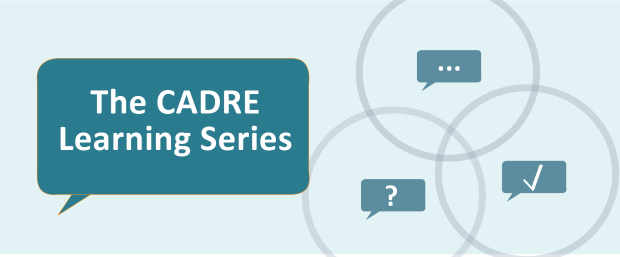Characterizing Mathematics Teacher Learning Patterns Through Collegial Conversation in a Community of Practice
We examined secondary (6-12) mathematics teachers’ participation in a professional development (PD) model where they collectively investigated video cases of students engaging with ambitious instructional materials. We leveraged frame analysis, frame processes, and the Teaching for Robust Understanding framework to characterize the learning of professional learning communities. We found that teacher learning was supported within collegial environments where teachers respectfully challenged or transformed ideas on how to solve problems of practice.
We examined secondary (6-12) mathematics teachers’ participation in a professional development (PD) model where they collectively investigated video cases of students engaging with ambitious instructional materials. We leveraged frame analysis, frame processes, and the Teaching for Robust Understanding framework to characterize the learning of professional learning communities.
